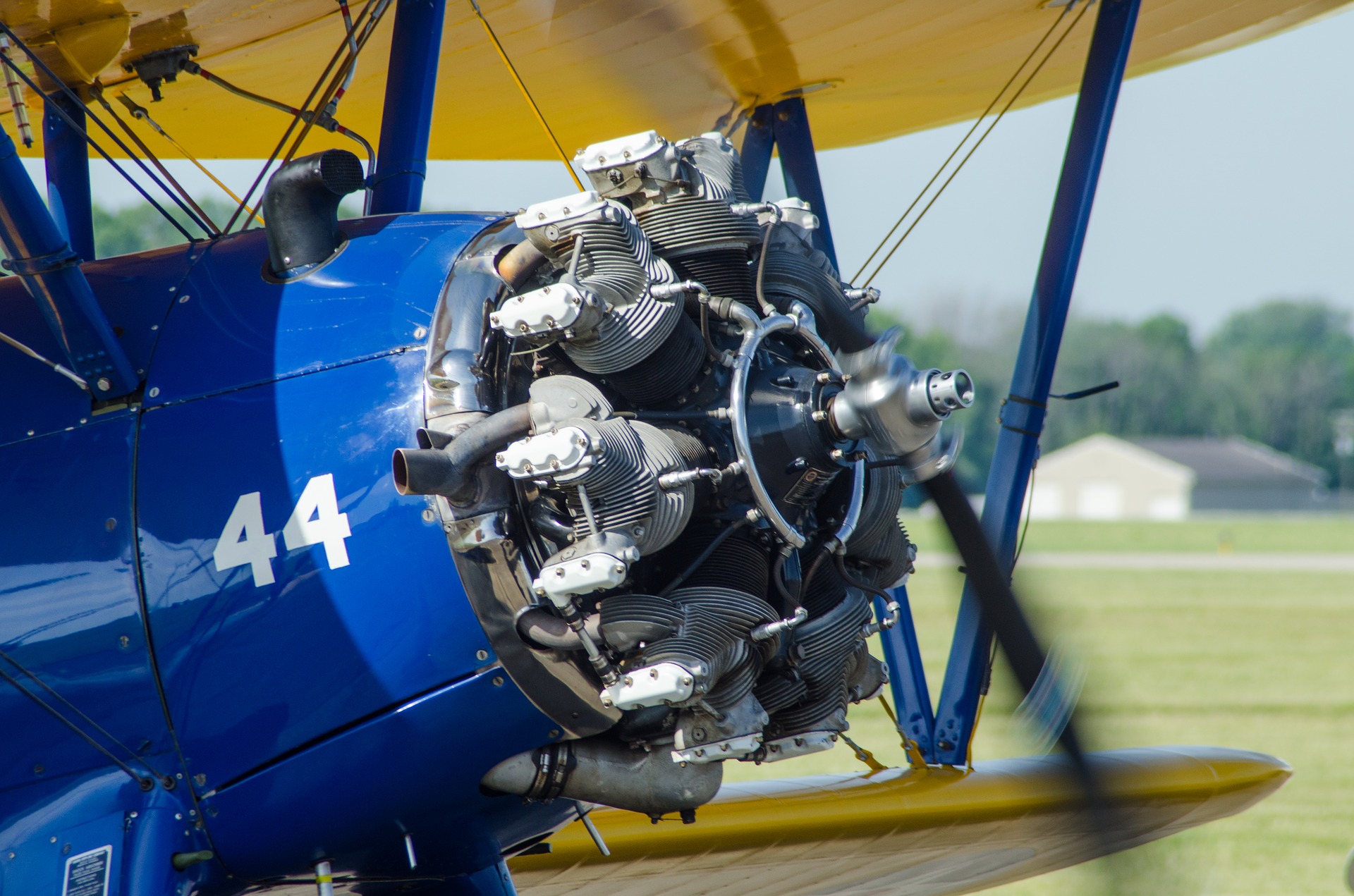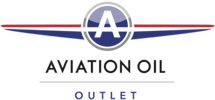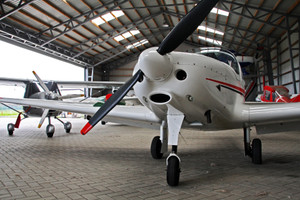When to Prime a Piston Aircraft Engine
By on May 15th 2018
We covered the basics of caring for a piston engine aircraft and how important it is to fly the aircraft regularly
here.
However, starting a carbureted engine in the cold or when it has not been used for a while is notoriously difficult.
The key to successfully starting a carbureted engine in the cold is to find the right mixture.
Achieving the proper balance is crucial because it will burn the fuel into energy; however, producing exact measurements is difficult. The pilot or mechanic must consider pressure, temperature, and moisture while measuring exactly how much fuel is needed for the mixture.
Carbureted aircraft use primers to put fuel back into the engine without using the carburetor. The primers add fuel directly into one or more of the cylinders. Do not pump the throttle or pump primer in more than three times, as this could lead to flooding the engine or an engine fire. Successfully priming an engine takes practice because there is not a constant way to measure how much fuel is needed.
Also, avoid draining the battery while trying to accomplish a cold start. Do not turn on electronic flaps, aircraft lighting, or anything else relying on battery power until the engine is successfully started.
Refer to your Pilot Operating Handbook (POH) for more details on how to prime your aircraft.

When your plane has a piston engine, you need piston engine oils! Learn more and shop piston engine oils here.
Mineral Oil vs Ashless Oil
Piston engine aircraft manufacturers recommend two types of aviation oil: Straight Mineral Oil and Ashless Detergent Oil.
It's essential to use each oil at the appropriate time to avoid damaging the engine.
Straight mineral oil of the proper viscosity is ideal for engine break-in.
The
straight grade mineral oil makes it possible for the piston rings to seat with the cylinder wall, and for full-power to be applied. Sufficient cylinder pressure is achieved when using 75% of power while cruising and make for a good engine break-in.
Engines that are not properly broken in will consequently consume more fuel and oil which eventually lead to premature cylinder replacement.
Ashless Detergent Oil is best for after the engine is broken in-it's an effective lubricant and keeps everything clean.
Ashless engine oils are appropriate for everyday use after the pistons rings are seated inside the cylinders.
Unlike automobile engine oils that contain metallic detergent additives, a plane's piston engine requires Ashless (Non-metallic) Detergent additives. Using ashless oil with
additives increase engine life by preventing wear. Such wear creates too much clearance and leads to oil loss and poor combustion. Oil additives protect the metal surfaces as well as remove contaminants.
As you care for your piston engine, pay close attention to any odd sounds or rough start-ups. You can save time, money, and ultimately your airplane.
You might be wondering if you can save some money by using automotive engine oil in your piston engine. Learn why that is a very bad idea here.
Sources:
https://er.jsc.nasa.gov/seh/ANASAGUIDETOENGINES.pdf
https://www.skybrary.aero/index.php/Piston_Engine
http://www.thisaviationlife.com/science-starting-piston-aircraft-engine/
http://www.planeandpilotmag.com/article/theres-more-to-oil-than-you-think/#.WgMz2FtSyUk
https://www.flyingmag.com/aircraft/pistons/piston-engines-keeping-your-cylinders-happy







